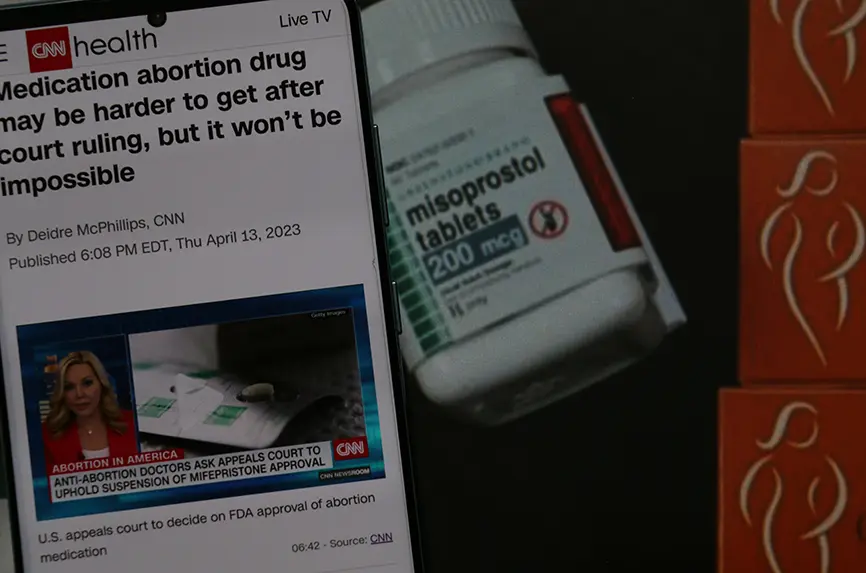Hastings Center Report
Food and Drug Administration v. Alliance for Hippocratic Medicine: How Conscience Protections Preserved Mifepristone Access
Abstract: People in the bioethics field generally agree that clinicians should have reasonable freedom to practice according to their moral and religious convictions. But this general position leaves room for debate over how much freedom objecting clinicians ought to have. Some commentators contend that exemptions from criminal, civil, and professional consequences for conscientious refusals to provide care impose too many burdens on patients, colleagues, and health care institutions. Others argue that existing protections are insufficient, failing to cover clinicians who are moved to provide legally permitted care to patients in the face of institutional and employment constraints on doing so. A 2024 United States Supreme Court ruling adds another element to the debate, showing how conscience-law protections can defeat legal efforts to limit access to contested treatments.

